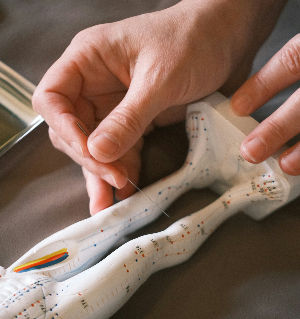Adjunctive moxibustion treatment for tuberculosis
- Phoebus Tian

- Mar 27, 2020
- 1 min read
Updated: May 21, 2020
Tuberculosis (TB) is a bacterial infection spread through inhaling tiny droplets from the coughs or sneezes of an infected person. Antimicrobial-resistant (AMR) disease is becoming a significant threat to global health. A new study was published in the European Journal of Integrative Medicine recently. 180 newly diagnosed TB patients were randomly assigned to two groups, one given standard first-line ‘ Directly Observed Treatment, Shortcourse’ (DOTS) TB drug therapy, and the other first-line DOTS along with daily self-administered moxibustion. The two groups were carefully monitored for differences in recovery rates, and serological and immunological markers were compared.
The results demonstrate positive effects of moxa treatment on both reduced infectivity and drug adherence including in HIV co-infected cases. The results of this study suggest that the use of adjunctive moxa enables a faster sputum conversion rate, allows greater recovery of haemoglobin levels and may lead to some increases in CD4. These would all be generally considered to be beneficial effects in TB patients’ recoveries if they are confirmable in the future.
More investigations should be developed to provide a broader understanding of both the effect and potential benefit of moxa therapy in treating human pulmonary TB disease.




Comments